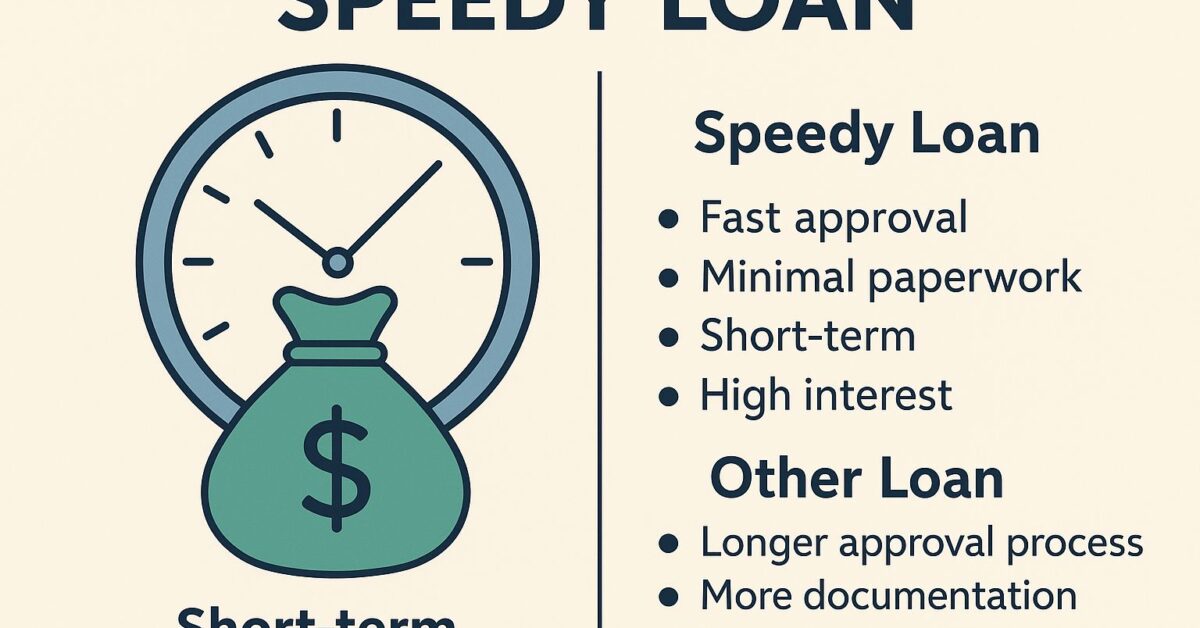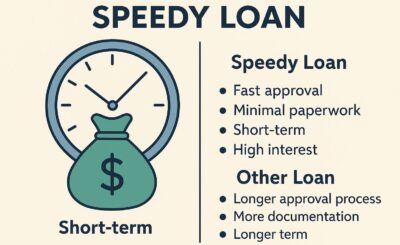In today’s world, it’s easier than ever to apply for a loan — but it’s also easier to fall victim to loan scams. In Nigeria and many other places, scammers are getting smarter every day, creating fake loan apps and platforms to steal people’s money and personal information.
I come across a post on Facebook; someone says he lost over ₦500,000 to a fake loan process. Sadly, by the time he realized it was a scam, it was too late. I don’t want this to happen to you.
In this article, I’ll show you how to identify loan scams so you can protect yourself and your financial future.
What Are Loan Scams?
Loan scams involve fake lenders who promise you quick loans with no collateral, no credit checks, and guaranteed approval — usually found on WhatsApp, shady websites, or even Google Play Store.
But instead of giving you a loan, they steal your money and personal data.
These scammers can sound very convincing, but with the right knowledge, you can easily spot them and stay safe.
How to identify loan scams: 5 Red Flags That Show a Loan App Is Fake

1. Upfront Payment Requests
If a loan app or company asks you to pay a processing fee upfront before disbursing your loan, RUN!
No legitimate loan company will ever ask for payment before giving you a loan. Real lenders typically deduct any processing fees directly from your loan amount.
For example, if you are approved for a ₦6,000 loan and the processing fee is ₦1, they will remove ₦1 from the ₦6,000 — you don’t pay upfront.
Key Tip: If they ask for money before giving you a loan, it’s a scam.
2. No Online Presence or Suspicious Reviews
If the app has no reviews on Google Play Store, App Store, or it doesn’t appear on the Central Bank of Nigeria (CBN) list of licensed lenders, that’s a big red flag.
Even the smallest real loan apps will have some form of online presence and customer reviews. Some scammers even fake reviews, but you can usually tell by how fake or exaggerated they sound.
Key Tip: Always check the Play Store, or Google for honest reviews before downloading or applying through any loan app.
3. Request for Sensitive Personal Information
Legitimate lenders will never ask you for sensitive information like:
-
Your ATM card PIN
-
Your one-time password (OTP)
-
Full Bank Verification Number (BVN) details
If a loan app asks for these things, it is 100% a scam.
Even if you desperately need a loan, never share your OTP or PIN. A real lender doesn’t need them to approve your loan.
4. Harassment and Threats
Some fake loan apps harass borrowers with threats or public shaming tactics if they default, even after just a few hours or days.
This is illegal and unprofessional.
Genuine loan companies follow strict guidelines to recover debts through proper legal channels — not harassment, phone calls, or threats.
Key Tip: If you experience threats from any lender, report them immediately.
5. Too Good to Be True Offers
If a loan app promises you huge loans like ₦1,000,000 with no collateral and bad credit score for the first time, it’s almost certainly fake.
Scammers prey on desperate borrowers by offering unbelievable terms.
Key Tip: If it sounds too good to be true, it probably is.
How to Stay Safe from Loan Scams
-
Use Only CBN-Licensed Loan Apps: Visit the CBN website to find an updated list of approved lenders in Nigeria.
-
Read Terms and Conditions Carefully: Know their interest rates, repayment terms, and penalties.
-
Check Reviews Before Applying: A little research can save you a lot of heartache.
-
Stick to Trusted Apps: Popular options like FairMoney, Carbon, and Branch are generally safe.
-
Protect Your BVN, OTP, and ATM PIN: Never share them with anyone.
-
Report Scam Apps:
-
To EFCC (Economic and Financial Crimes Commission)
-
On the CBN website
-
Use the “Report” button on Google Play Store
-
By reporting, you’re helping others avoid these scammers too.
See Also:
- List of Loan Apps Approved by CBN
- Delisted Loan Apps in Nigeria: 2025 Full List of Banned and Blacklisted Apps
- Top 10 Best Loan App in Nigeria 2025: Low Rates & Fast Approval
Conclusion
Loan scams are everywhere, but by staying informed, you can avoid falling victim.
If you found this article helpful, please share it with friends and family. And if you or someone you know has been scammed before, feel free to share your experience in the comments — someone else might learn from it too!
Stay safe and make smart financial moves!











1 thought on “How to Identify Loan Scams: 5 Red Flags You Should Never Ignore”